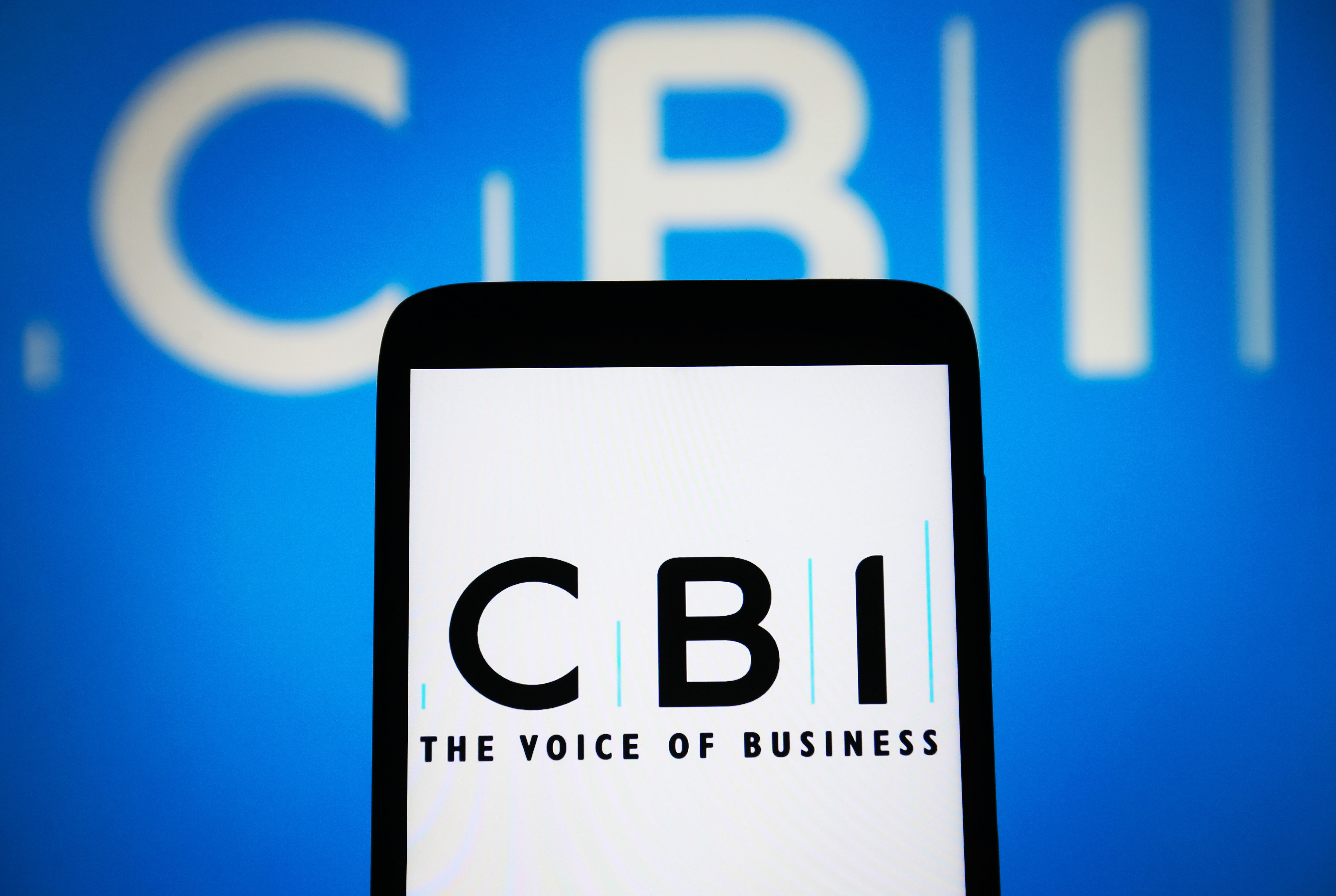Can the CBI survive its misconduct scandal?
The industry trade body has been embroiled in one of the largest scandals in British business history in recent weeks


An exodus of partner organizations from the Confederation of British Industry (CBI) could spell doom for the trade lobby group.
On Friday, insurance firm Aviva announced that it planned to cut ties with the industry body after The Guardian reported that a second woman had made sexual assault allegations against two male CBI staff.
The recent allegations follow a string of claims of serious misconduct by current or former CBI staff in recent weeks.
Responding to the fresh claims, Aviva said that recent events highlighted that the CBI “no longer spoke” for British industry.
The move sparked a wave of similar reactions from a number of major organizations, with NatWest, Lloyds Banking Group, Rolls Royce, Meta, John Lewis Partnership, and Unilever among more than 50 firms that suspended ties with the trade group in recent days.
The current situation could place strain on the CBI as companies look to distance themselves from the scandal-ridden organization - and if the current trend continues, the trade body could lose out on a significant volume of revenue.
According to the CBI, the trade body represents more than 190,000 members, with partners paying an annual membership fee believed to be in the region of £90,000 for larger organizations.
Get the ITPro daily newsletter
Sign up today and you will receive a free copy of our Future Focus 2025 report - the leading guidance on AI, cybersecurity and other IT challenges as per 700+ senior executives
RELATED RESOURCE

2022 Public Sector Identity Index Report
Members at the trade group pay an annual membership fee in January, meaning that if organizations fully cut ties, it could face serious financial difficulties toward the end of 2023.
Speaking to The Guardian, anonymous industry sources suggested that the CBI may be “forced to wind down” due to a pending cash flow crisis later in the year.
The prospect of winding down was raised by CBI president Brian McBride earlier this month, with the executive warning that a leadership vacuum in the wake of the misconduct news could seriously impact member confidence in the body.
In a statement on Friday, the CBI board said that it “shares the shock and revulsion” at incidents that have occurred in the organization.
“We are deeply sorry and express our profound regret to the women who have endured these horrific experiences,” the statement said.
Late on Friday, the CBI also revealed that it would suspend all policy and membership activity until an extraordinary general meeting in June when they would put forward proposals to restructure the organization.
CBI scandal - what happened?
Earlier this month, an expose by The Guardian revealed that more than a dozen women reported “various forms of sexual misconduct” by senior figures at the industry lobby group.
The complainants, all of whom were current or former staff, approached the publication with reports of what they described as a “toxic culture at Britain’s most influential business lobbying organization”.
These complaints followed separate allegations made against director general, Tony Danker - one of which the publication said was “defined as sexual harassment”.
In response to the allegations, the CBI launched a review of its organizational culture and dismissed Danker due to “specific complaints of workplace misconduct”.
The trade group said at the time that its investigation, conducted by employment law firm Fox Williams, revealed “serious failings” throughout the organization.
What if the CBI fails?
The CBI misconduct incident is among one of the biggest scandals to have faced British industry in recent years, and has seriously impacted the confidence of member organizations over whether the trade body is the preferred industry champion moving forward.
If the CBI was to wind down due to reduced membership-based revenue streams in the coming months, then a number of key British industries would be left without one of its flagship lobby groups.
The CBI represents thousands of UK companies spanning a range of sectors, and has grown to become one of the most powerful lobbying groups in the country.
In recent years, the trade body has also played an increasingly important role in supporting the UK’s tech industry and helping to bridge the gap between government and industry.
Last month, the CBI announced plans to launch ‘Project Decacorn’, a programme aimed at bolstering support for high-growth tech companies to enable them to scale from unicorn level to ‘decacorn’ level - a company valued at over $10 billion.

Ross Kelly is ITPro's News & Analysis Editor, responsible for leading the brand's news output and in-depth reporting on the latest stories from across the business technology landscape. Ross was previously a Staff Writer, during which time he developed a keen interest in cyber security, business leadership, and emerging technologies.
He graduated from Edinburgh Napier University in 2016 with a BA (Hons) in Journalism, and joined ITPro in 2022 after four years working in technology conference research.
For news pitches, you can contact Ross at ross.kelly@futurenet.com, or on Twitter and LinkedIn.
-
 Should AI PCs be part of your next hardware refresh?
Should AI PCs be part of your next hardware refresh?AI PCs are fast becoming a business staple and a surefire way to future-proof your business
By Bobby Hellard
-
 Westcon-Comstor and Vectra AI launch brace of new channel initiatives
Westcon-Comstor and Vectra AI launch brace of new channel initiativesNews Westcon-Comstor and Vectra AI have announced the launch of two new channel growth initiatives focused on the managed security service provider (MSSP) space and AWS Marketplace.
By Daniel Todd
-
 Put AI to work for talent management
Put AI to work for talent managementWhitepaper Change the way we define jobs and the skills required to support business and employee needs
By ITPro
-
 The future of HR and talent in the age of generative AI
The future of HR and talent in the age of generative AIWebinar Transform your people management, support your workforce, and optimize your HR strategy
By ITPro
-
 Digital experience has to be at the heart of employers’ recruitment drives
Digital experience has to be at the heart of employers’ recruitment drivesSponsored As the Great Resignation rolls on, businesses need to live up to candidates expectations or risk losing out on top talent
By James Harvey
-
 Little is being done to address the tech industry's racial hiring bias, report
Little is being done to address the tech industry's racial hiring bias, reportNews Non-white individuals are far less likely to be offered an interview compared to other applicant groups, research shows
By Ross Kelly
-
 How to choose an HR system
How to choose an HR systemWhitepaper What IT leaders need to know
By ITPro
-
 Amazon staff reportedly launch campaign to reverse 'shock' worldwide return to office plans
Amazon staff reportedly launch campaign to reverse 'shock' worldwide return to office plansNews An internal petition calls for CEO Andy Jassy to roll back planned requirements for corporate staff to return on a three-day basis
By Rory Bathgate
-
 The tech industry needs to unionise now more than ever
The tech industry needs to unionise now more than everOpinion Companies hoping to boost productivity should embrace unionisation so employees aren’t constantly anxious over job security or childcare arrangements
By Rory Bathgate
-
 The best free people search sites
The best free people search sitesBest With the best free people search sites, you can fact-check someone’s identity by confirming their name, location, and phone number
By Ioana Andrei